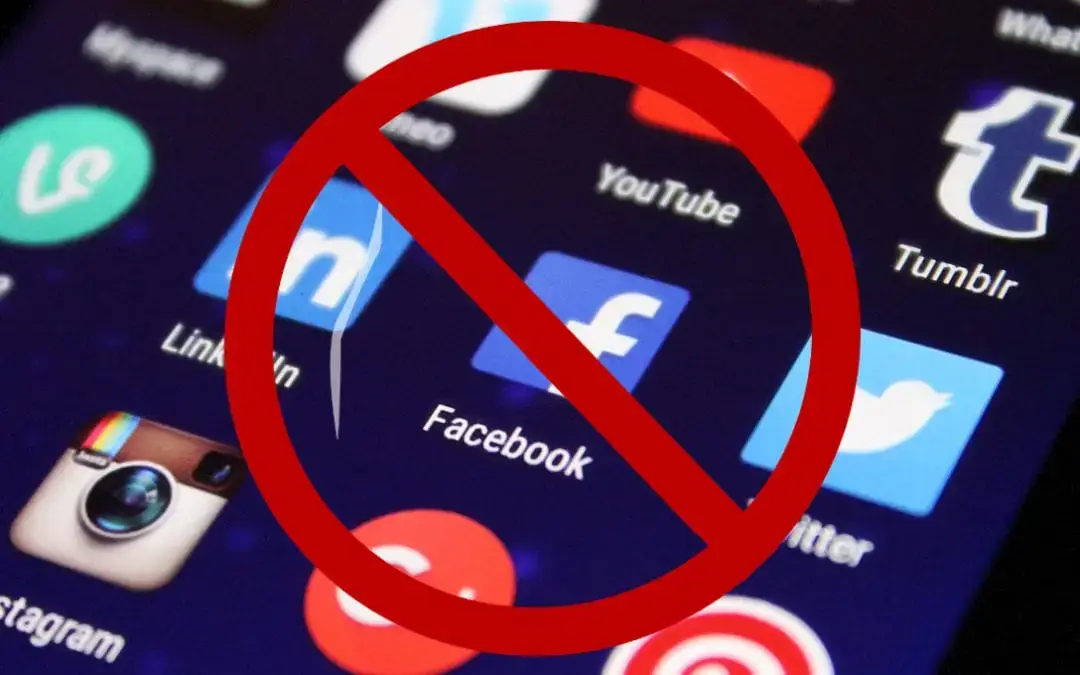The Dentist/Owner's Guide to Sane Social Media Usage
In today’s digitally connected world, social media has become an integral part of our daily lives, including those in the healthcare profession. As a Dentists/Owner, you – just like many professionals – may often find yourself drawn into the virtual world of likes, shares, and notifications. Checking social media feeds throughout your day can leave you less present and focused – both with your patients and with your team. Not a good thing if you want to show up engaged, efficient and effective!
Check out these tips on how to use social media less personally, allowing you to maximize your productivity and engagement with patients and connected with your team:
Set Clear Boundaries:
- Establish specific times of the day or week when you allow yourself to use social media.
- Avoid using social media during work!
Remove Notifications:
- Turn off notifications for social media apps to reduce the urge to check them constantly.
- Only check your social media when you choose to, not when an alert prompts you.
Unfollow or Mute Accounts:
- Unfollow or mute accounts that tend to trigger negative emotions or distractions.
- Prioritize following accounts that provide value or inspiration.
Limit Screen Time:
- Use screen time tracking apps or features on your device to monitor and limit your daily social media usage.
- Set daily or weekly usage goals and stick to them.
Delete Apps or Use Website Versions:
- Delete social media apps from your phone to make it less convenient to access them.
- If needed, use the web versions of social media platforms on your computer, which may be less tempting than mobile apps.
Create a Purposeful Feed:
- Curate your social media feed to include content that aligns with your interests and goals.
- Unfollow or hide content that is not relevant or meaningful to you.
Designate Social Media-Free Zones:
- Establish certain areas or times in your daily routine where you won’t use social media (e.g., work, at the dining table or before bedtime).
Find Alternative Activities:
- Replace social media time with activities that are more fulfilling and enriching, such as reading, exercising, or spending time with family and friends.
Reflect on Your Usage:
- Regularly assess how social media makes you feel and whether it adds value to your life.
- Consider the reasons behind your social media use and whether it aligns with your goals.
Use Productivity Apps:
- Consider using apps that block or limit your access to social media during specific hours or when you need to focus.
Seek Support:
- Share your goals of reducing social media use with friends or family, so they can help hold you accountable.
- Consider joining online communities or support groups dedicated to reducing social media habits/dependency.
Practice Mindfulness:
- Use mindfulness techniques to become more aware of your social media habits and their impact on your well-being.
- Mindful breathing or meditation can help you regain control over impulsive social media use.
You’ve got this! Reducing screen time with social media allows you to be engaged, stay curious, and helps you be healthier overall.




